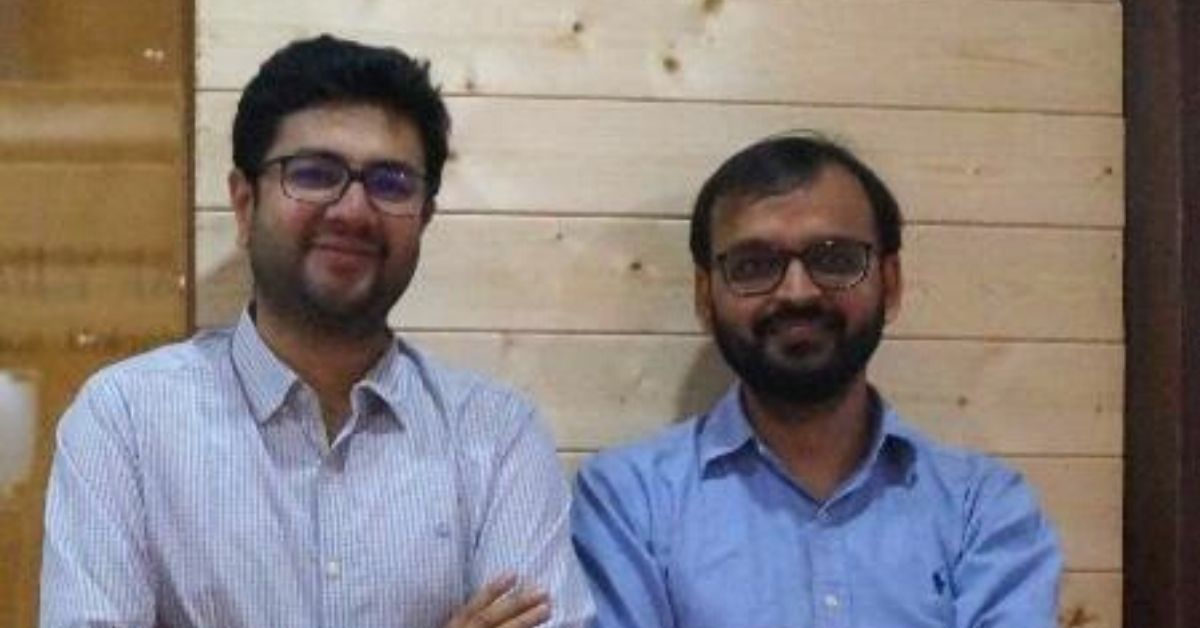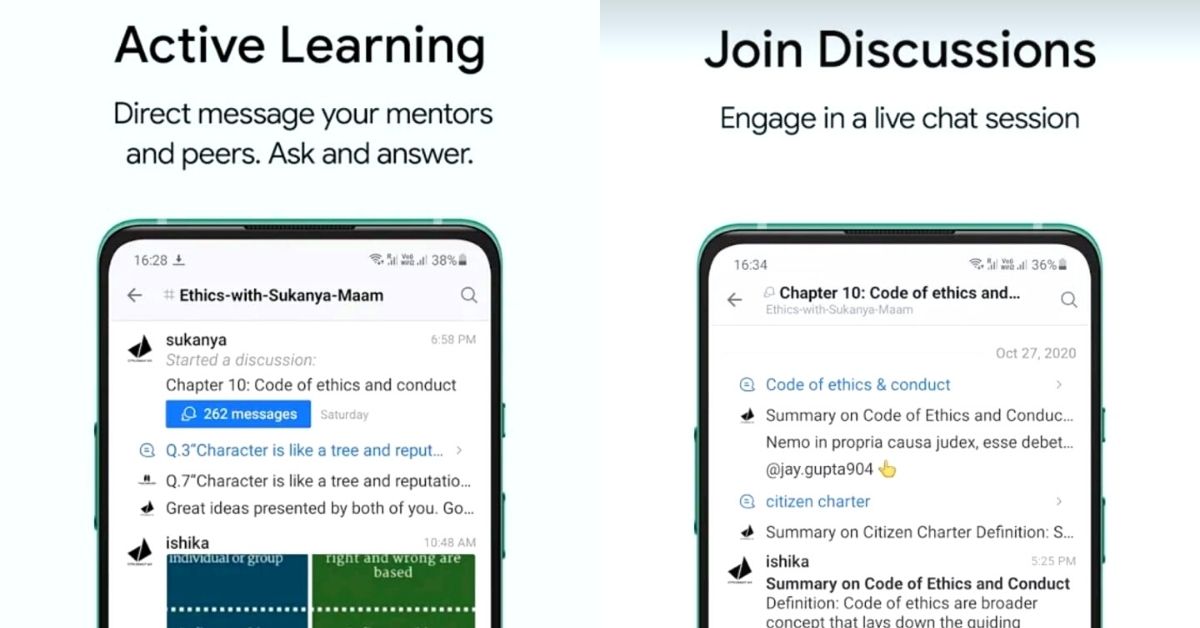IIT Grads Develop ‘Slack for UPSC Preparation’, Train 10,000 Civil Services Aspirants
An ed-tech statup based in Delhi, Habitat was launched by IIT Guwahati alumni Rohit Pande and Shikhar Sachan to provide interactive preparation for exams like UPSC

There are many experts, companies, and start-ups that offer online courses for students across different faculties. These courses follow a defined pattern of learning modules, wherein learning is assessed through tests, and certificates are issued once the candidate clears evaluation.
Signing up for ed-tech platforms for learning new skills has increased during the COVID-19 pandemic. These platforms, while taking offline education online, miss out on the fundamental experience of classroom learning through interactions, discussions, and clearing doubts in the process.
To deal with this, Habitat, an ed-tech start-up, is creating a new ecosystem for classroom learning for students preparing for UPSC, state civil services, and other government exams.
“Studying in isolation, absorbing information from notes, and taking exams is a one-way affair. The issue with monotonous learning is that students often get bored, and lack the motivation to continue these courses. This is also why many students are unable to complete online courses,” says 32-year-old Rohit Pande, co-founder of the start-up.
The start-up was launched in 2016 by Rohit and Shikhar Sachin, who studied together at IIT-Guwahati. After completing their education in 2009, Rohit worked with an analytics and consulting firm, while Shikhar worked with a travel start-up. Both wanted to enter the ed-tech space to fill the gaps in isolated learning and create an interactive platform.
Breaking barriers

Rohit says Habitat ensures the space is interactive and offers two-way communication. “Look at it as a group discussion format, where a moderator opens the topic for discussion, and every individual takes his or her notes down. Habitat works similarly,” he says.
He adds that the platform is essentially like Slack (a channel-based networking platform), but for education. “Habitat hosts channels that mention the name of the mentor or lecturer, along with the topic to be covered, and a time duration. The candidates can enter these channels or chat rooms based on what topic they want to learn,” he says.
Candidates are suggested to read the study material before they enter these discussions, Rohit says. The mentor opens the topic, followed by interactions. The app further helps clear doubts, discuss the topics in depth if needed, and co-create content in the process. “This makes the learning process the most similar to classroom learning, and does not force students to study in isolated environments,” he adds.
Rohit says the students can further demand lectures on topics of their choice and even seek mentorship post lectures. “The app is democratic, transparent, and allows flexibility to choose a topic without having to follow any chronological order like in conventional courses. It further helps them manage their time,” he says.
The start-up has trained 10,000 students in the last four years, and has around 40 mentors, the co-founders say. Students pay an annual fee between Rs 15,000 and Rs 20,000, depending on what course they take up.
Mindful of varying needs
Watch Abhishek Saraf’s, interview who cracked UPSC in 2019 with Rohit Pande.

In December 2020, Habitat raised Rs 5 crore from Unitus Ventures and Whiteboard Capital.
But Shikhar says success did not come easy for the duo, as the app had to undergo many iterations to improve. “Initially, we also sent notes, expecting students to study and attempt mock tests. However, through feedback, we realised students needed guidance to pursue their modules. So we introduced something called an assistant guide, who could mentor students,” he adds.
The co-founders eventually realised the need to include discussions as well, as many students remained mute spectators during lectures. “Accordingly, we improved the model to involve students in participation,” he says, adding that Habitat now aims to add additional courses for competitive examinations and invest the recently raised capital in improving technical aspects of the platform.
“Building a chat room with real-time interactions is difficult to achieve with limited expertise in India. We describe ourselves as the Indian Slack for education, which allows candidates to participate, voice their opinions, and co-create content,” Shikhar says.
If you found our stories insightful, informative, or even just enjoyable, we invite you to consider making a voluntary payment to support the work we do at The Better India. Your contribution helps us continue producing quality content that educates, inspires, and drives positive change.
Choose one of the payment options below for your contribution-
By paying for the stories you value, you directly contribute to sustaining our efforts focused on making a difference in the world. Together, let’s ensure that impactful stories continue to be told and shared, enriching lives and communities alike.
Thank you for your support. Here are some frequently asked questions you might find helpful to know why you are contributing?


This story made me
-
97
-
121
-
89
-
167











